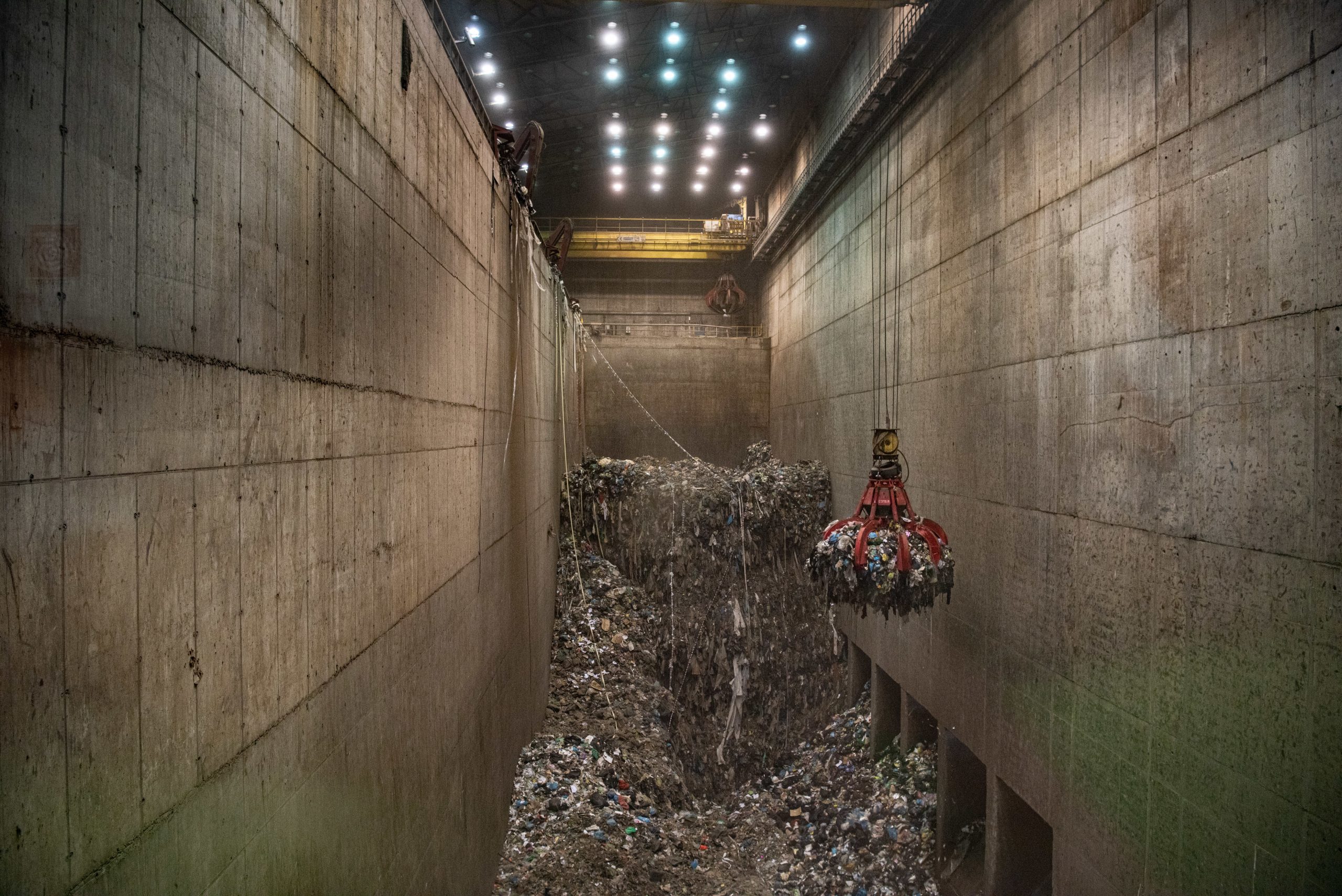
Incineration of plastics to end by 2030
Environmental campaigners have welcomed the recommendation that incineration of plastics must end by 2030 in Scotland. The call came as part of an independent review commissioned by the Scottish Government into reducing the climate impact of the country’s incineration problem.
The review makes several recommendations including:
- the burning of plastic should end by 2030
- operators should try to include to deploy combined heat and power with incinerators
- incinerators with potential for carbon capture should be prioritised and the Government should offer more support for carbon capture technology
No Scottish incinerators have functioning combined heat and power plants yet despite this being a requirement within 7 years of being granted a permit by SEPA. The end of plastic burning will significantly reduce the carbon produced from incinerators, thereby reducing the need for expensive and risky carbon capture.
Campaigners say that other carbon-based waste, such as food, paper and wood waste, should be recycled.
Campaigners previously welcomed the move by the Scottish Government to implement a moratorium on planning permission for new incinerators, following the first report from Dr Colin Church, but say a clear exit strategy from incineration is still needed.
Friends of the Earth Scotland’s Circular Economy Campaigner Kim Pratt said:
“Plastics are fossil fuels, so burning them cannot be part of a zero carbon future. That’s why the key recommendation of this review, to ban the burning of plastic by 2030, must be supported and immediately acted on by the Scottish Government.
“Instead of setting out a clear phase out plan, the review suggests incinerators can be made more sustainable by increasing the amount of heat they provide. We know that generating heat from incinerators emits even more climate changing emissions than gas boilers so following this path will ultimately compromise Scotland’s chance of creating a zero carbon, circular economy.
“Once fossil-based plastics are banned from incinerators, their emissions will plummet. Deploying risky and expensive techno-fixes like carbon capture when there are almost no emissions to capture is a waste of time and resources.
“As this review states, heat generation and carbon capture must not be used to justify new incinerators. But Scotland will have more incineration capacity than there is waste to burn by 2027, so Ministers must go further than the recommendations of this review and reduce capacity in line with our climate commitments.
“Incinerators are amongst the largest single sources of emissions so the Scottish Government must create a plan to phase out incineration, plant by plant, and as rapidly as possible if it hopes to meet its own climate targets.”
NOTES TO EDITORS
Reducing emissions from waste: Keeping plastic out of incinerators will help meet climate targets
https://www.gov.scot/news/reducing-emissions-from-waste/
Campaigners welcome ban on new incinerators (June 2022)
https://foe.scot/press-release/environmental-campaigners-welcome-ban-on-new-incinerators-in-scotland/
Friends of the Earth Scotland response to the Incineration Review:
https://foe.scot/resource/response-to-incineration-review/
Zero Waste Scotland research of the climate impact of incineration
https://www.zerowastescotland.org.uk/content/climate-change-impact-burning-municipal-waste-scotland
Friends of the Earth Scotland is:
* Scotland’s leading environmental campaigning organisation
* An independent Scottish charity with a network of thousands of supporters and active local groups across Scotland
* Part of the largest grassroots environmental network in the world, uniting over 2 million supporters, 73 national member groups, and 5,000 local activist groups.
